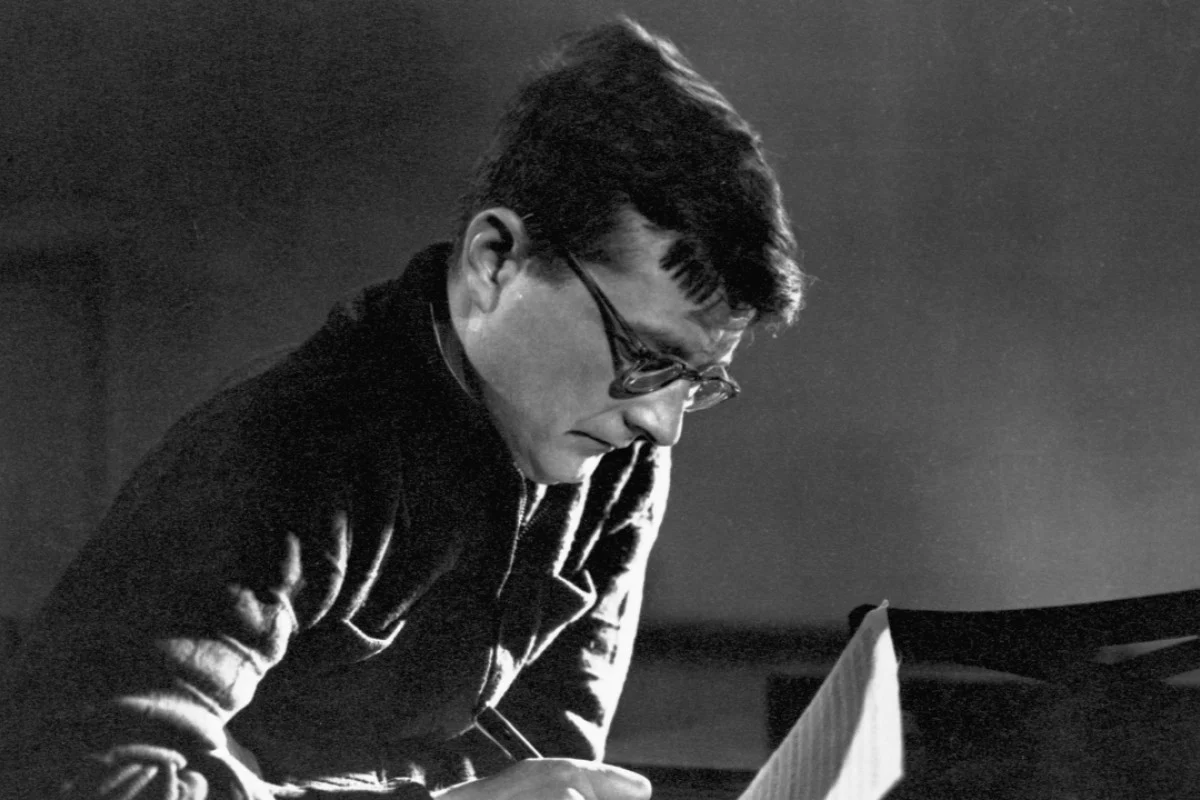The bravery of the coward – “The Noise of Time”

Night after night, a man stands by his elevator with a suitcase, waiting for the secret police to take him away and punish him for his crimes.The man is the composer Dmitri Shostakovich, the setting is Stalin’s Soviet Union, and the crime is his music.
Julian Barnes tells Shostakovich’ story in three long flashbacks from various stages in his life. Stalin’s Soviet Union is portrayed as a surreal dictatorship, with absolute power of life and death ruled over by one man – and that man’s whims being utterly unpredictable.
Shostakovich’ life is described as an endless struggle to navigate the vague and ever-changing guidelines for proper Soviet music. He views the ruler’s sycophantic stooges with silent contempt, but is far from a rebel himself. In one brilliant passage (harking back to Barnes’ “Staring at the Sun”) he ponders how you can become a hero just by one single act of bravery. “But to be a coward was to embark on a career that lasted a lifetime.”
The narrative explores the relation between art and power, reason and absurdity, personality and secrecy – and imagines Shostakovich dreaming of a music freed from the stifling constraints of any contemporary restrictions – the “noise of time”.
I’ve always been enthusiastic about Barnes’ work, and I find “The Noise of Time” to be one of his finest books. The elegant narrative uses a device closely related to the musical concept of “Leitmotif” – significant phrases (“a factory siren in F sharp”) appearing and reappearing throughout the novel, hinting at the enjoyment of reading it again.
Leave a Reply